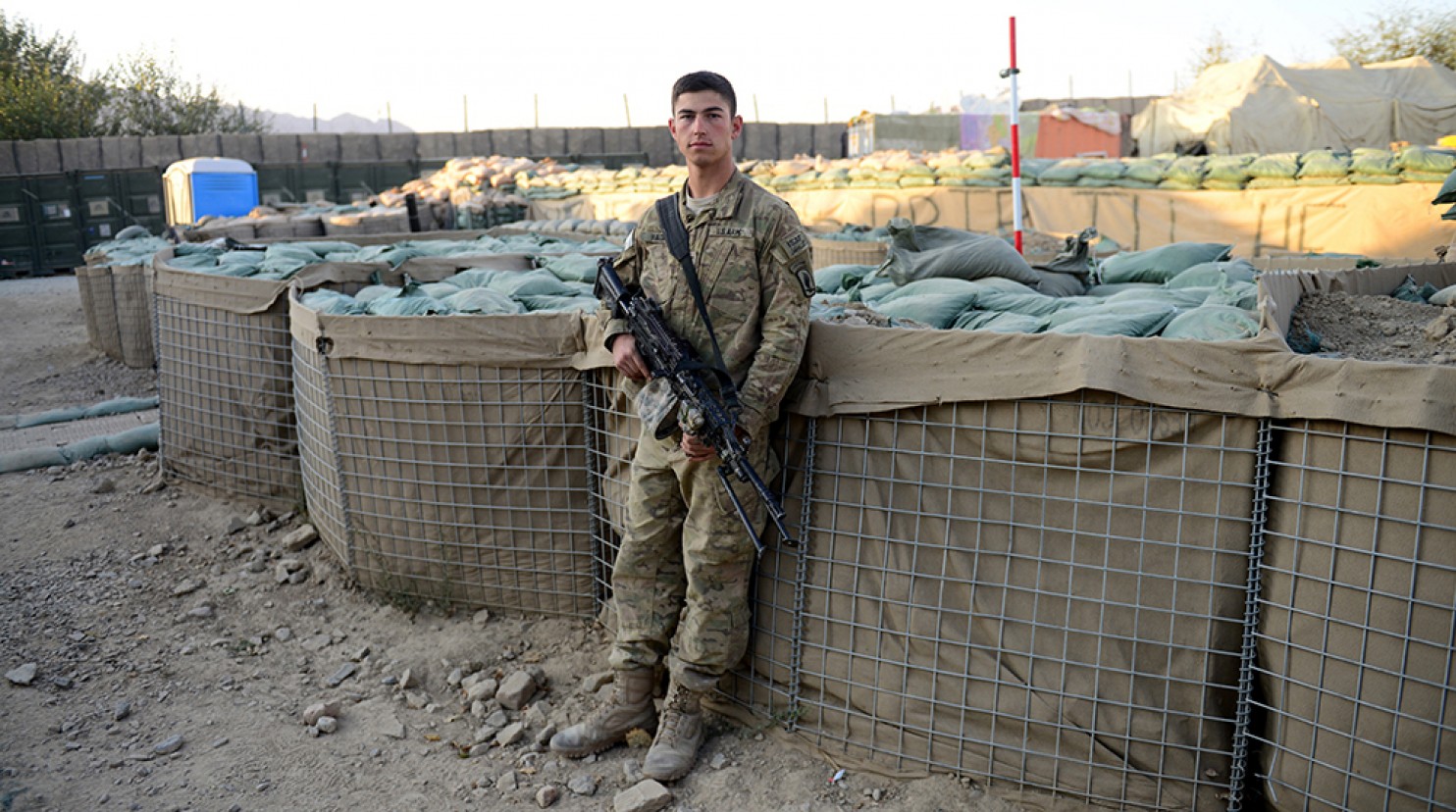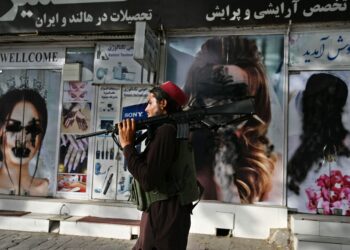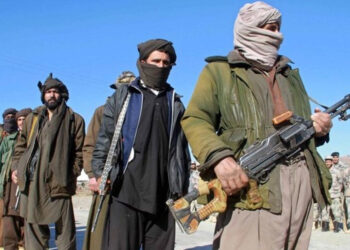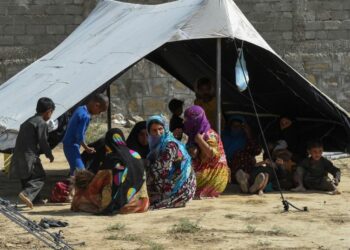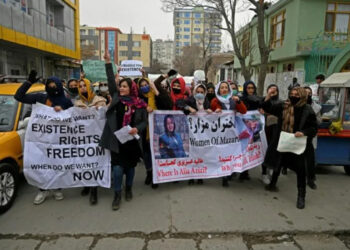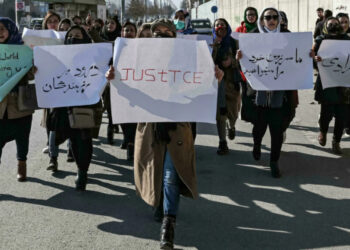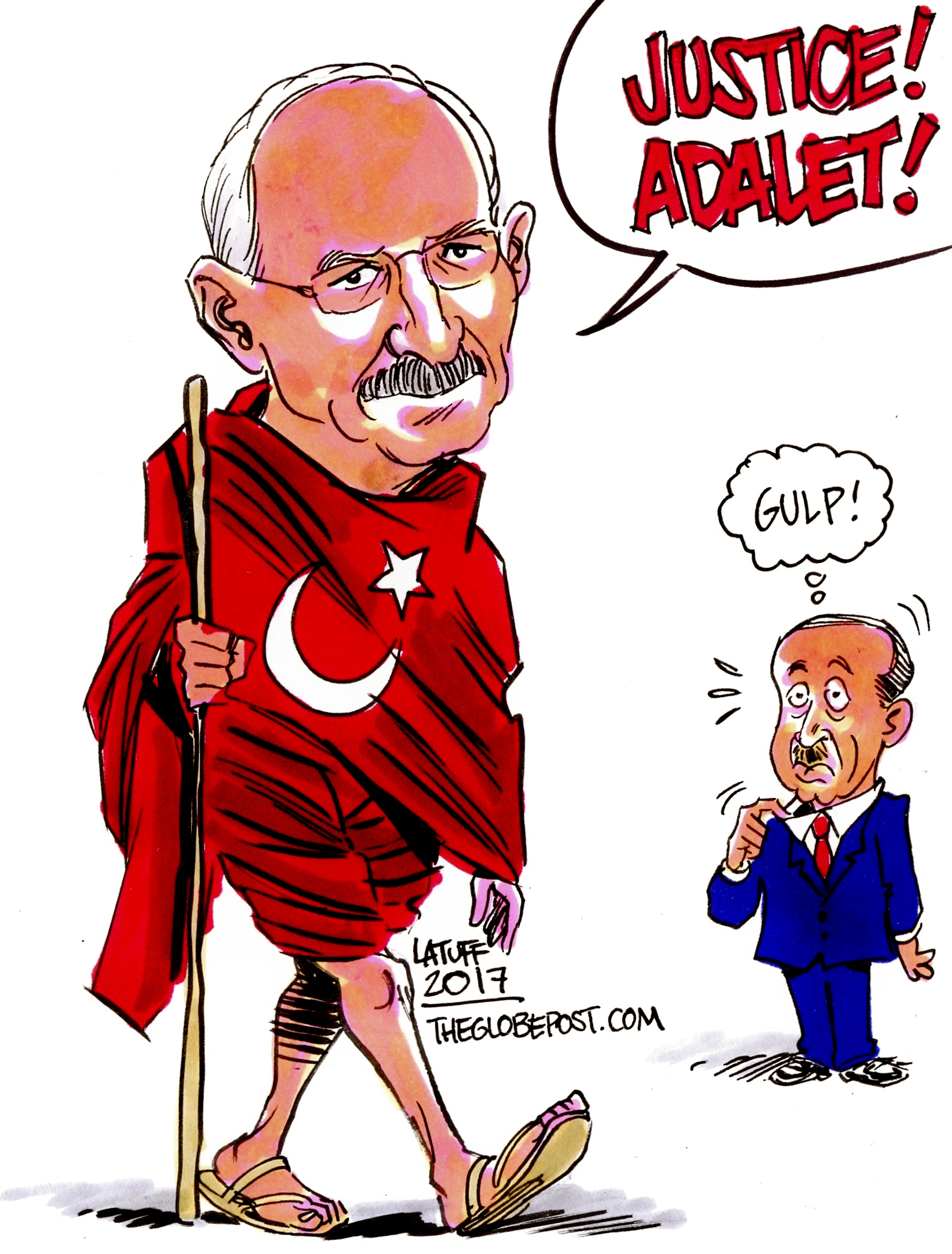To say the U.S. does not have a stellar track record when it comes to Afghan politics would be an understatement for the ages, yet some American lawmakers think a “diplomatic surge” is in order.
Afghanistan’s grim modern history started when in the late 1970s, Washington helped shut the door on a 40-year era of relative stability in the war-torn country by supporting extremist anti-government political factions, thereby triggering a Soviet invasion. These U.S.-backed “freedom fighters” beget not only al-Qaeda but the two groups who would rule Afghanistan for most of the 1990s – the Mujahideen government and the Taliban.
As if that was not enough, U.S. diplomats installed Hamid Karzai as president after 9/11, creating a puppet regime that became so unpopular that it fueled a Taliban resurgence. More recently, in 2014, Secretary of State John Kerry swooped in to end an election stalemate by brokering a deal that established the tragically-named National Unity Government, led by President Ashraf Ghani and CEO Abdullah Abdullah. Afghanistan’s two-headed hydra of a government, to this day, has been plagued by infighting and political gridlock.
Given this abysmal track record, one would think the last thing Afghanistan would need is more American diplomats to interfere in the country’s domestic politics — but that is exactly what U.S. lawmakers have recently been demanding. Last week, while visiting Afghanistan, Senators John McCain, Lindsey Graham and Elizabeth Warren, among others, called on Secretary of State Rex Tillerson to fill diplomatic positions posthaste to address the country’s growing political crises.
“You are not going to win this war just though more bombing,” Mr. Graham said as quoted by Voice of America. “We don’t have the focus we need to make sure that whatever military surge we engage in is accompanied by a diplomatic surge.”
The State Department, for its part, responded to the Senators’ criticism by claiming that the U.S. remains active in supporting Kabul diplomatically to achieve a durable political settlement to the conflict.
“There are hundreds of dedicated State Department and USAID employees working in Afghanistan in support of our goals to ensure that Afghanistan never again serves as a safe haven for terrorists who threaten the United States,” a State Department official told The Globe Post.
Critics on both sides of the political aisle are also concerned Mr. Tillerson did not immediately fill the position of a special envoy. To be fair, the State Department official did mention that the Secretary just days ago named Ambassador Alice Wells as Acting Special Representative for Afghanistan and Pakistan.
“Ambassador Wells is ensuring that the Department’s approach to Afghanistan and Pakistan is integrated within our broader approach to the region,” the State Department representative claimed.
While detractors are certain to ridicule the Trump administration until the position is permanently filled, Middle East Institute scholar Dr. Marvin Weinbaum told The Globe Post that the importance of the special envoy has been inflated, evidenced by the lack of results dating back to 2009 when Richard Holbrooke was appointed by President Barack Obama.
“There’s no indication that a Special Representative ever accomplished anything except to take long and frequent trips,” Mr. Weinbaum, a former State Department analyst, noted wryly. “When Holbrooke came in he really thought he had a mission. He was going to bring peace in our time.”
However, Mr. Weinbaum explained, instead they spent the next five years searching for Taliban to negotiate with but all they ended up doing was “talking about having talks.” He added that it was a futile endeavor because the Taliban are now so fragmented, lacking a centralized command, it’s impossible to find someone that can actually speak on behalf of the entire movement.
Authors and journalists Elizabeth Gould and Paul Fitzgerald, the first American television crew to gain access to Kabul after the Soviet invasion, told The Globe Post that whether Mr. Tillerson dispatches more diplomats to Afghanistan is irrelevant until America comes to grips with its legacy.
The current situation, the couple said, can be traced to 1977 when President Jimmy Carter’s National Security Advisor, Zbigniew Brzezinski, devised a plan to support the mujahideen in an effort to topple the Afghan government. This forced the Soviet Union to invade to prevent the communist regime in Kabul from collapsing. Since that fateful decision, Afghanistan has never been the same.
“In 1977 Afghanistan had no refugees and was transforming itself into an enlightened, modern and democratic society in a vivid illustration of what life is like when Afghans control their own state,” Mrs. Gould explained. “Brzezinski, at the time, set in motion events that have come full circle, evidenced by the levels of violence and political chaos we are seeing today.”
U.S. diplomats will have little to no effect at best, they claimed, unless Americans do some soul-searching and realize any political solution in Afghanistan will never come from without.
“When it comes to U.S. diplomacy one thing is sure – the time has come for Americans to question whether the legacy of Brzezinski’s obsession with conquering the world at any cost, including by using countrys like Afghanistan as a mere means for serving Washington’s ends, should continue to be an American dream as well,” Mr. Fitzgerald concluded.


